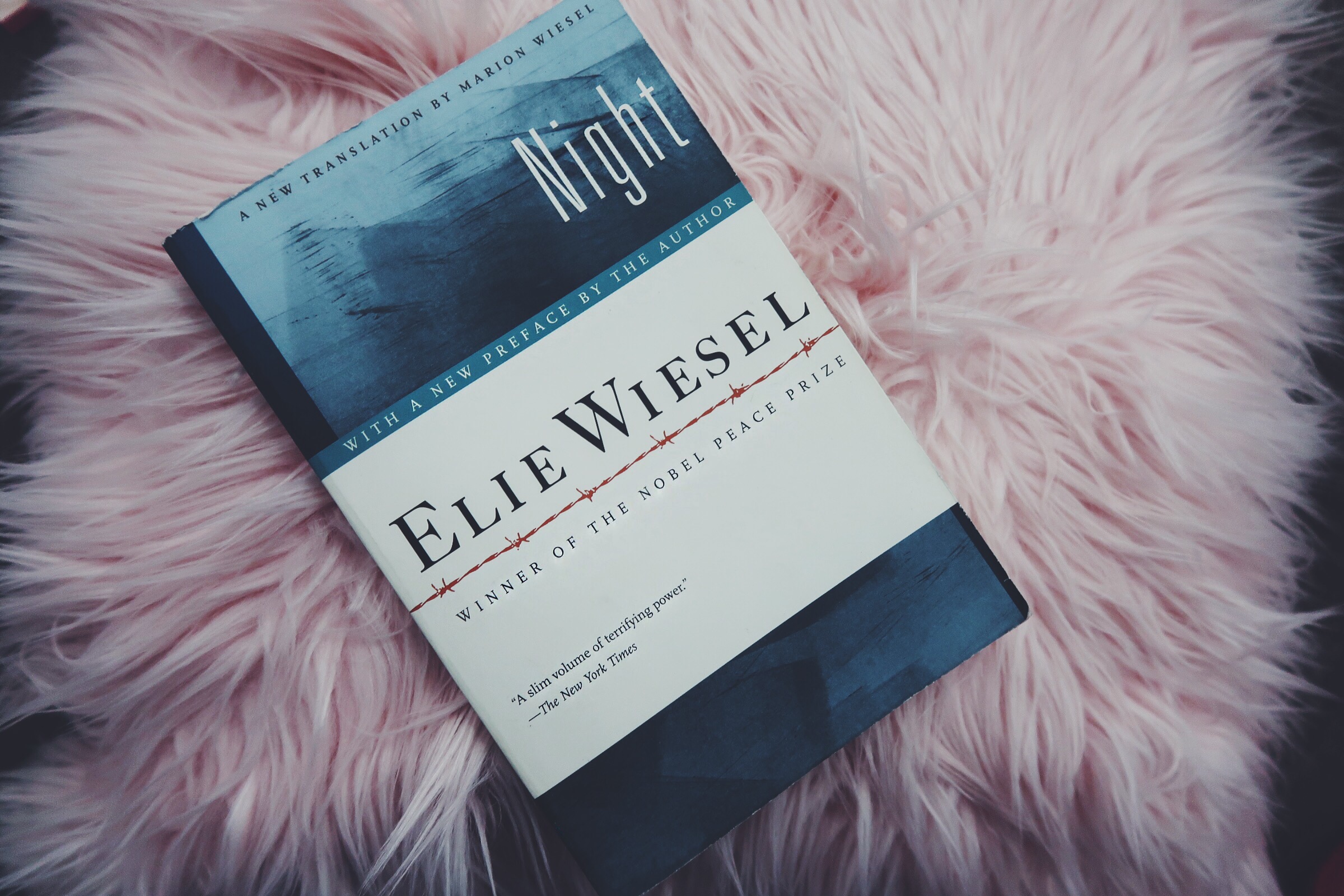From one of Wiktionary‘s definitions of paraphrasing, it is clear that we paraphrase for the purpose of ensuring clarity. But there seems to be more to the reason paraphrasing helps readers understand poetry than this point alone. So, how exactly does this work?
Key Takeaways
- Paraphrasing a poem can help remove ambiguity.
- It can also help us connect with the mind of the poet.
- It is a way to examine poetry differently.
- It also helps readers come up with their own interpretations of a poem.
- Connecting with the poet’s mind
When we paraphrase poetry, we tend to be using the words we can best relate with in lieu of the poet’s own way of saying things. As a result, chances are that we soon get emotionally involved with the work and feel what the poet feels. How best can one get into the mind of the poet?
While readers may not completely be in the mind of the poet, paraphrasing allows for resonating with, and it is one way literature uses in making us empathetic.
- A way to examine poetry differently
Would you not rather sit with others and hear different perspectives on the meaning of a poem to understand better? Well, paraphrasing can help us achieve something identical to this—except that this time it’ll be people in a person.

So, basically by paraphrasing we not only give ourselves the surface view but also what the given work looks like in a deeper view. It guarantees us more of a discourse (with two or more points of view) within our own self. Which is a sure way to understand things better.
- Helping readers interpret poems independently
There is this school of criticism in literature that proposes that works should be interpreted independent of the writer’s view. And you’ve got to do something similar when you paraphrase poetry.
More on this in a bit.
Permit me to add that this is a significant reason or way through which paraphrasing improves the readers’ understanding of poetry because you see, only the poet owns the most appropriate view of his work. (One reason we request poets to submit the analysis of their works alongside the poems when they intend to publish here at Prof AGE.)
We weren’t right there in his mind when he was bleeding with ink! We just try to see what he sees and maybe we can see eye to eye with him, but that isn’t guaranteed anywhere.
So, why try so frantically to be the poet exactly? It is always better to look into poetry and see how it can improve our knowledge, consequently making us better critical thinkers and quite original ones. You can see this merely as my opinion tho.
- To remove ambiguity
Ambiguity and the literary world are quite inseparable, and paraphrasing poetry according to a source, can help us “understand the meanings behind different kinds of figurative languages.” Similarly, it gives time to break down complex vocabularies and messages.

At this juncture, knowing that many times, poetry gets ambiguous because of their richness in language choice will make more sense. When figurative languages are richly used in poetries, we may begin to grapple with whether to allude literal or nonliteral meanings to them.
So it follows to say that paraphrasing is also important and can help readers understand poetry if removing ambiguity is one of the problems it can knockout.
And when we talk of figurative language, we are referring to languages that are a deliberate deviation from the orthodox use of words. They take to themselves meanings that are outside conventional usages. You may think of connotations now.
Read Also: Why great literature embraces ambiguity
The term rhetorical or figurative language is quite broad in literature, but we have a whole lot of written materials to help you better understand it, and we suggest that you begin with our 70 figures of speech and their meanings article.
How does paraphrasing help readers understand poetry?
Perhaps, to underscore our point number three, this will be plausible. Some scholars have earlier pondered over the same question as ours on Weegy and on Brainly with a number of options to choose from.
Guess what, the leading answer to the question on both platforms is that paraphrasing allows readers to understand poetry by helping them have a grasp of the meaning behind every figurative language used in a work.
The validity of this as the overall answer to the given question is evident in the fact that in reading and understanding literature, it is paramount to know what is said (the language used) before anything else. Or no amount of frantic efforts to understand a work will come to fruition.
Come to think of it, you managed to read through this only because you understand the language used. What happens if I use Greek or some language you can’t read? You start by learning to interpret that language!!
Share


